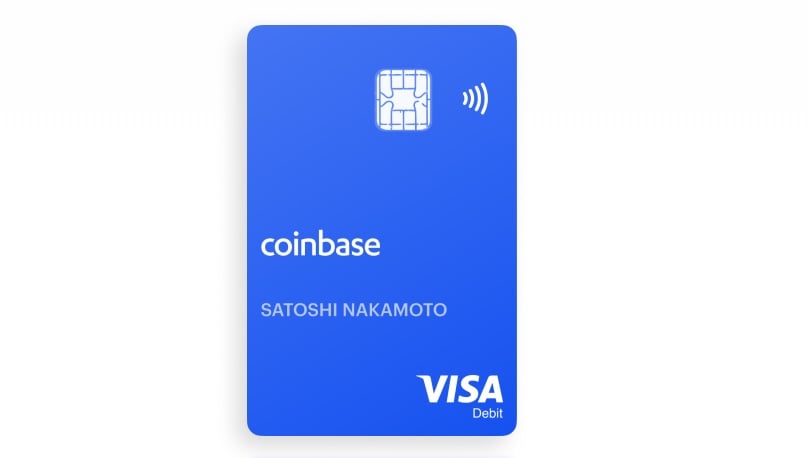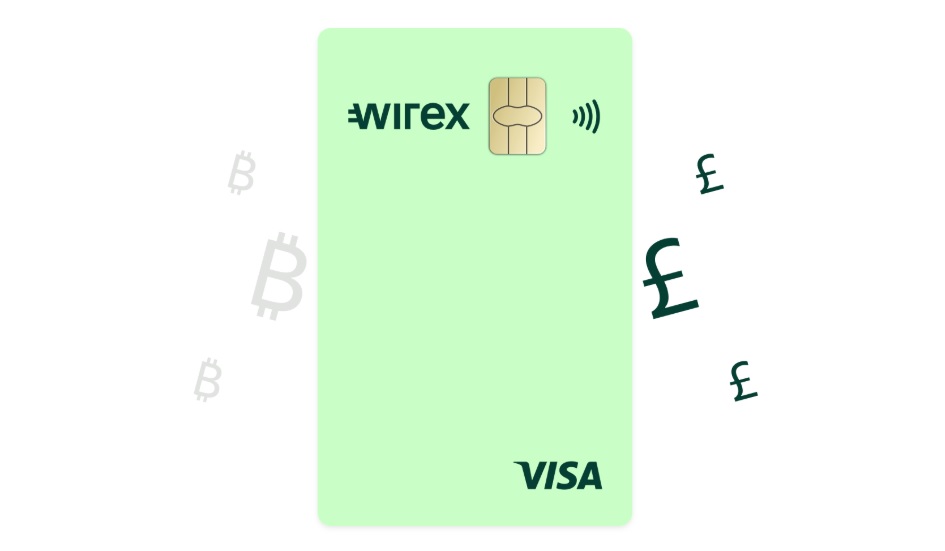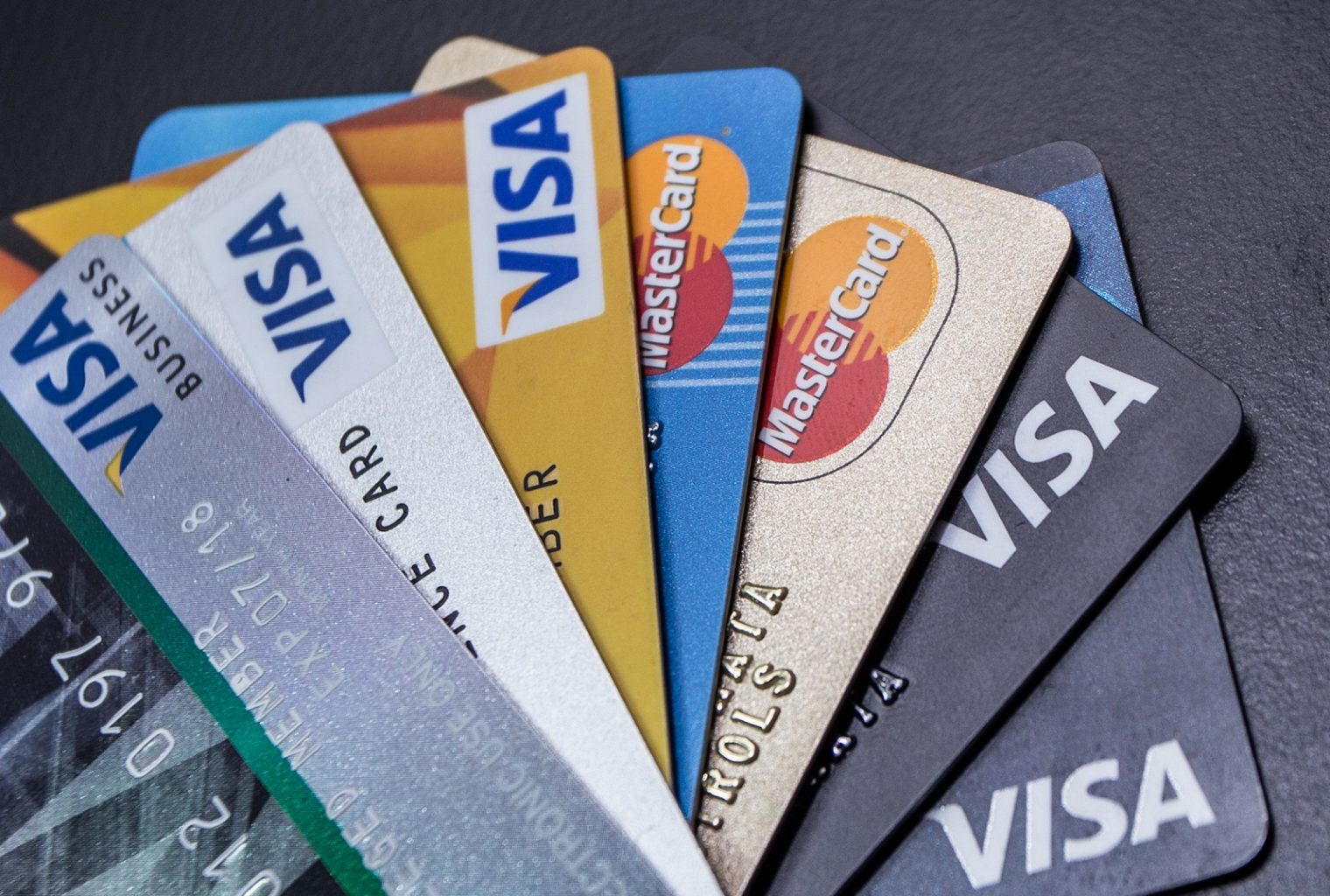Debit cards linked to crypto wallets have been a useful payment tool for users who want to be able to spend their cryptocurrencies almost anywhere. Offerings in the segment have been changing over time due to various reasons including regulatory challenges in different markets. Fortunately, though, new products and services are also being introduced. Here’s a list of crypto cards that currently support at least 10 cryptocurrencies.
Also read: Crypto Banks Gain Regulatory Recognition Across the Globe
Debit Cards That Can Be Loaded With Multiple Coins
U.K.-based Uquid is the platform that supports the widest variety of cryptocurrencies. Customers can order a BCH card and a BTC card as well as cards that can be toped up with almost 90 altcoins. The Uquid Visa can be had as both a virtual and a plastic card and ordering one is free of charge. It comes with a 0% fee on POS purchases but there’s a €1 monthly fee. The card supports three major fiat currencies: EUR, GBP and USD. The Uquid prepaid card is only available to existing Uquid users and not in all jurisdictions. You’ll have to register and log in to your account to determine whether your country is eligible.
2gether is another option whose Visa card is coupled with a wallet that can hold 30 cryptocurrencies including bitcoin cash (BCH), bitcoin core (BTC), and ethereum (ETH). The platform recently added the stablecoin DAI. Its app is available to residents of the Eurozone countries using iOS or Android devices. Its fiat currency of choice is euro (EUR). Users’ funds are managed by Pecunia Cards, an electronic money institution regulated under EU law and supervised by the Bank of Spain. The issuance fee is €10 but the good news is that there is no monthly fee, ATM withdrawal or transaction fees. There’s also no minimum deposit amount in crypto.

Leading U.S. cryptocurrency exchange Coinbase offers a debit Visa in 19 European countries. The Coinbase card is available to customers in Austria, Belgium, Cyprus, Estonia, Finland, France, Germany, Greece, Ireland, Italy, Latvia, Lithuania, Luxembourg, Netherlands, Portugal, Slovakia, Slovenia, Spain, and the U.K. The United States is not among supported countries but the platform intends to add other markets in the future. You can use the card to spend funds from your cryptocurrency wallets on the exchange. It can be topped up with 15 coins including BCH, BTC, ETH, and ETC. It’s issued for a fee of £4.95 or €4.95. There’s no fee on domestic purchase transactions but 0.2% is charged on POS transactions within the European Economic Area (EEA) and the international purchase transaction fee is 3%. There’s 1% fee for domestic and 2% fee for international ATM withdrawals of amounts over £200/€200.
Wirex has been a popular choice for Europeans in the last couple of years. The U.K.-based company recently launched its new ‘multicurrency travelcard’ in Singapore, entering the huge Asia-Pacific payments market. It already has over 3 million existing users in the countries it operates in. BTC, LTC, ETH, and XRP are among 10 coins you can use to load it, depending on the region. You also have multiple fiat currency options including EUR, GBP and USD. Although the U.S. dollar is among them, United States residents may not order the card. The Visa is issued and delivered free of charge but there’s a monthly maintenance fee of £1 GBP, €1.20 or $1.50. There’s a 1% fee on crypto top-ups in the EEA and the APAC region. European users pay between €2.25 (EEA) and €2.75 (international) for ATM withdrawals but they also enjoy up to 1.5% cashback in BTC on in-store purchases.

All of these cards are currently available in Europe, where there’s been growing criticism from the crypto community that card providers are imposing harsher identification requirements. In certain cases they go beyond the standards introduced by the latest EU Anti-Money Laundering Directive (AMLD5) that all EU member states are obliged to transpose in national law. Besides, they sometimes fail to take into account the realities of the modern digital age. For example, how do you provide a proof of address document if you don’t receive a paper bank statement or an electricity bill in the mail? All this is happening in an atmosphere of continuing regulatory uncertainty and mounting calls to adopt pan-European regulations for the crypto space.
But things are even murkier in the U.S. where various regulators have different opinions on how to treat cryptocurrencies. The Treasury Department, for instance, refers to bitcoin as a convertible decentralized virtual currency; the Commodity Futures Trading Commission has classified it as a commodity; and the Internal Revenue Service taxes cryptocurrency as property. That’s despite a Supreme Court ruling noting the need for a “broader understanding” of what money is nowadays in the context of crypto. Probably that’s the main reason why card offerings have been shrinking and crypto users in America have been left with very few options. These are also quite limited in comparison with those available in Europe. The Bitpay card, which is one of the few remaining products, supports only two cryptocurrencies.
Do you expect to see more crypto debit cards supporting a wider variety of cryptocurrencies in the near future? Tell us what you think in the comments section below.
Disclaimer: This article is for informational purposes only. It is not an offer or solicitation of an offer to buy or sell, or as a recommendation, endorsement, or sponsorship of any products, services, or companies. Bitcoin.com does not provide investment, tax, legal, or accounting advice. Neither the company nor the author is responsible, directly or indirectly, for any damage or loss caused or alleged to be caused by or in connection with the use of or reliance on any content, goods or services mentioned in this article.
Images courtesy of Shutterstock, Coinbase, Wirex.




